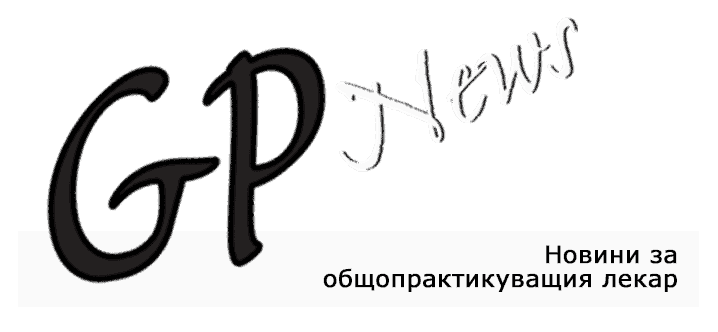
Issue 3/2024
Slancheva, B.
Cesarean section is a medical procedure that can save a baby (or mother) in a moment of danger, making birth less risky overall. A medically indicated Caesarean section is perfectly reasonable if the risks to the health of the mother or the baby later in life would pose even a minor concern. But is it so? Many studies have linked C-section births to an increased risk of various chronic health conditions that develop long after birth. The leading hypothesis is that C-section causes health problems by disrupting baby’s normal gut microbiota during the critical for the immune system development lap of time – from birth to age 2. In order to accept this hypothesis, it is good to consider the role of the intestinal microbiota, the bacterial species that the newborn receives from the mother, the stages of building the microbiota in the early period of life, the way the newborn is fed, the impact of the environment and changing some habits of life.
